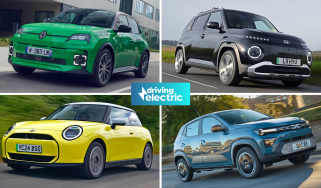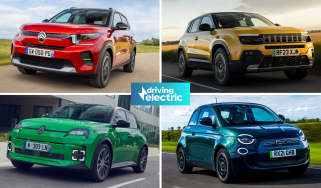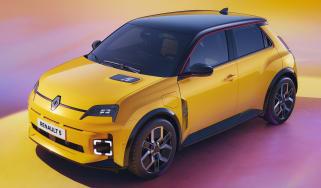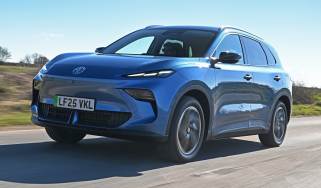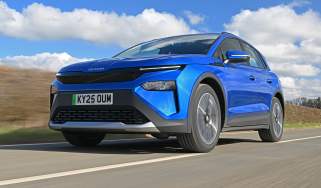Renault “could be using solid-state batteries with zero cobalt by 2025”
New, safer and more efficient battery technology could be production-ready by 2025, says Renault boss

Renault electric cars could be using solid-state batteries with zero cobalt by 2025, according to Gilles Normand, the company’s senior vice-president of electric vehicles.
The technology would come from the battery venture Ionic Materials, into which the Renault-Nissan-Mitsubishi Alliance invested $65 million in 2018.
The new technology would compete with the lithium-ion batteries that are currently the most commonly used type in the automotive industry. A solid polymer electrolyte makes this new battery safer (the liquid electrolyte in lithium-ion batteries is extremely hazardous), as well as potentially more efficient and less temperature-sensitive.
Removing dependency on cobalt – a precious metal currently necessary for high-efficiency lithium-ion batteries – is a key aim for every battery manufacturer. Cobalt is expensive, and there are concerns surrounding the working conditions of those who mine it.
According to the Ionic Materials website, the company is looking to manufacture the batteries in Massachusetts, USA, although the plant has yet to be built.
Normand also confirmed that Renault is looking to expand its electric-car range with a further "two pure-electric vehicles that will sit above the Captur in the fleet, in the B/C segments" – in other words, Renault Clio and Renault Megane-sized.
They'll sit on an all-new bespoke electric-car platform that the company expects to see in production by 2021, contributing to Renault’s ambition to have eight pure-electric models (including its electric vans) on sale by 2022, with 50% of its total range electrified by then, too.
Recommended
Most Popular
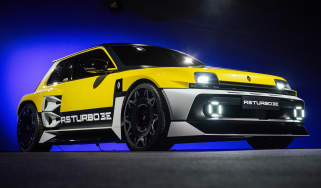
Renault 5 Turbo 3E: 533bhp electric rally homage hits the road in 2027
